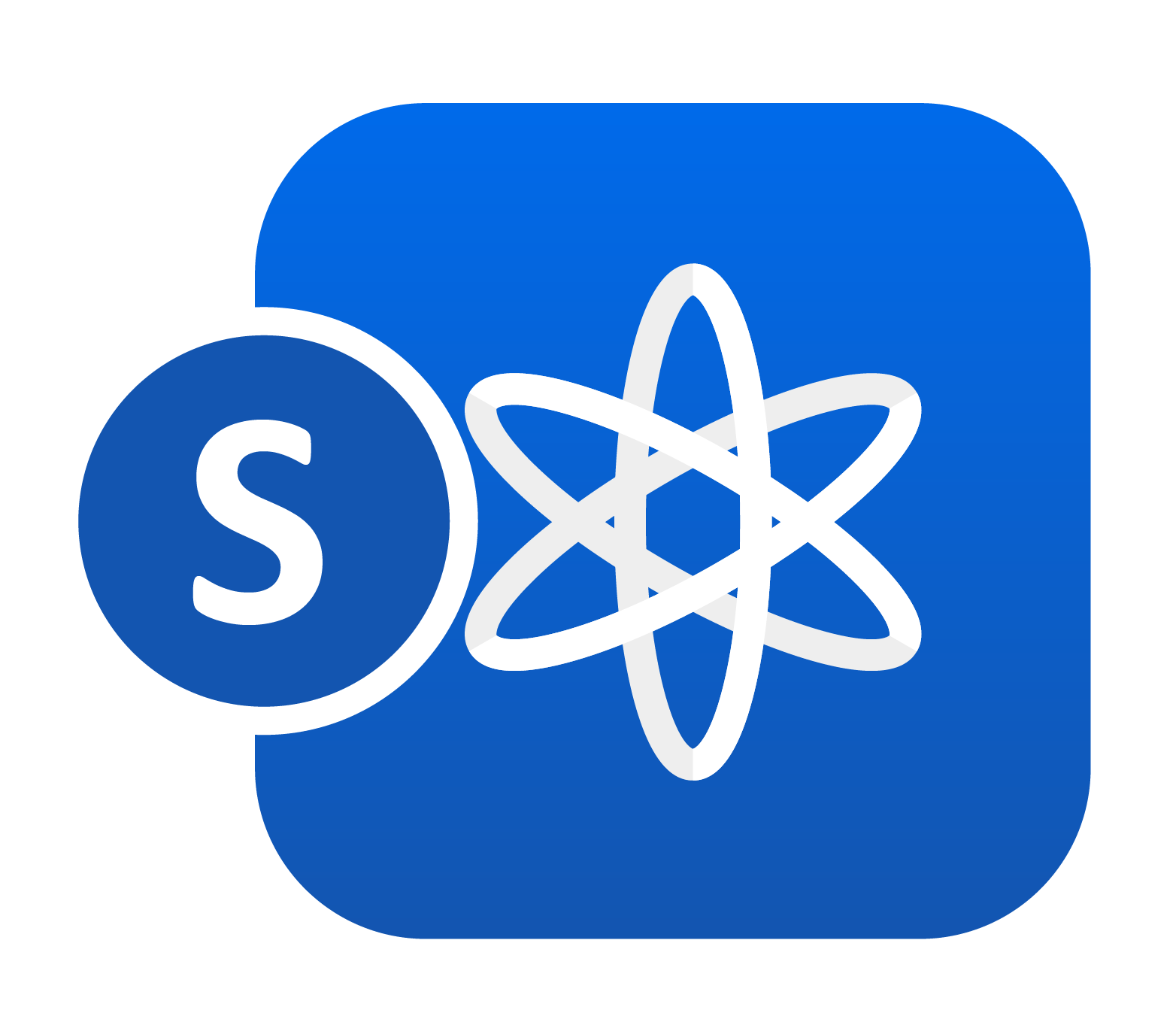Several options exist in LS-DYNA to output the energies, stress and strain information for shells, solids and beams depending on the choice of parameters in *DATABASE_EXTENT_BINARY keyword. These are important to understand and enable proper postprocessing of the results when using any post-processors to read in D3PLOT. It must also be noted that increased output is extremely beneficial during early design studies but may result in poor performance and the use of excessive storage if continued for the entire design cycle.
Default Output
By default the following occurs when no non-default values are chosen in *DATABASE_EXTENT_BINARY
- No strain tensor is output to D3PLOT
- Only one intergration data is output for solids. If a solid uses multiple integration point, then an average value is output
- Shell output consists of only 3 integrations points – lower, middle, upper
- Only 1 integration point data is output for beams
- No hourglass energy density is output
- No shell element timestep, mass and added mass is output
- No peak pressure or surface energy density is written for individual contact interfaces
- No nodal mass scaling information is output
Optional Output
MAXINT, Integration points for Shells
Using MAXINT, users can specify exactly how many integration point data must be output into D3PLOT. The default is 3.
CMPFLG, Local system output when using orthotropic material
Using CMPFLG, the stresses can be output in either global or local material axes.
BEAMIP, number of beam integration points (not applicable for resultant beams)
Using BEAMIP, multiple integration point along the axis of the beam or across the cross-section can be output
SHGE, Shell hourglass energy density
Using SHGE, shell hourglass energy density can be output to identify execessive hourglassing regions of the mesh.
STSSZ, Shell timestep, mass and added mass
Using STSZ, shell elements timestep, mass and added mass (if DT2MS <0) is written.
PKP_SEN, Peak presure and surface energy density
Using this option, peak pressure and surface energy density for individual contact interfaces can be output.
MSSCL, Nodal Mass Scaling Info (Works for LS-DYNA 971 R2 and higher)
Using MSSCL, node-based mass scaling values (absolute and percentage increase) can be output














